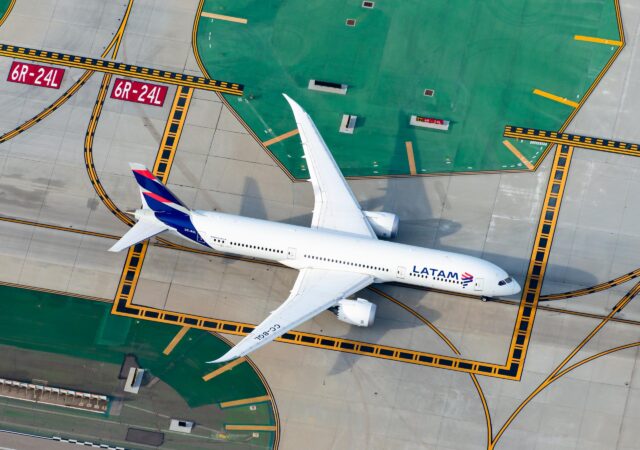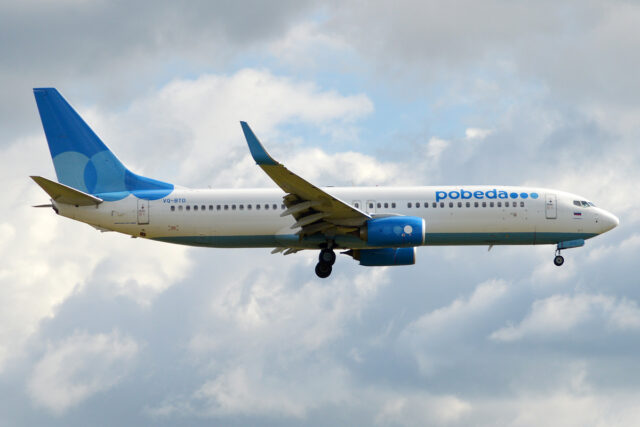Government ‘absolutely committed to net zero for aviation’
The UK government is “absolutely committed to net zero for aviation”, Aviation Minister Baroness Vere has told an industry summit.
Her comments came after Rishi Sunak last month outlined plans…

The UK government is “absolutely committed to net zero for aviation”, Aviation Minister Baroness Vere has told an industry summit.
Her comments came after Rishi Sunak last month outlined plans to delay some climate targets in what the prime minister said was an effort to save people money.
Speaking at Aviation Carbon 2023, Baroness Vere said there was “no rowing back at all” on the Jet Zero strategy.
This strategy set a timeline for reaching net zero aviation, created new targets to reduce aviation’s carbon emissions and prevent them from increasing above pre-pandemic levels in future, and installed a sustainable aviation fuel (SAF) mandate to ensure at least 10% of jet fuel is SAF by 2030.
Baroness Vere said the government’s approach was “pragmatic so that it does not put too much burden on to people”.
She also said the UK would not follow countries such as France in banning short, domestic flights.
“I don’t believe that is needed,” she added. “There is a technology way out of this.”
Net zero Jet Zero
The 6 priority areas set out in the Jet Zero strategy are:
- Improving the efficiency of our existing aviation system, from aircraft to airports and airspace. For example, we will improve fuel efficiency by 2% every year and are providing a further £3.7 million in 2022 to 2023 to support airports to modernise their airspace.
Increasing support for sustainable aviation fuels (SAF), by creating secure and growing UK SAF demand through a SAF mandate that will require at least 10% of jet fuel to be made from sustainable sources by 2030 and kickstarting a domestic SAF industry, supported by the new £165 million Advanced Fuels Fund.
Supporting the development of zero-emission aircraft, with the aspiration of having zero-emission routes connecting places across the UK by 2030.
Developing carbon markets and greenhouse gas removal technologies to drive decarbonisation and offset any residual emissions, including by enhancing the UK Emission Trade Scheme (UK ETS).
Providing consumers with better information so they can make sustainable aviation choices. - Increasing understanding of the non-CO2 impacts of aviation, such as contrails and nitrogen oxides.
Subscribe to the FINN weekly newsletter
You may also be interested in:
Aviation industry facing SAF ‘supply crunch’
















